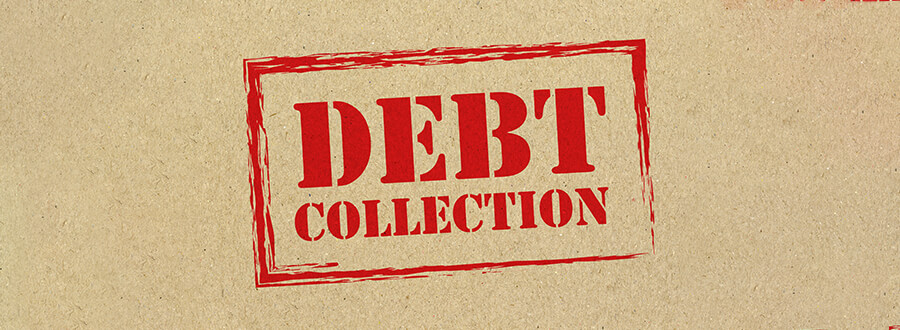Key Points
- The original lender uses first-party collections when the company employs an in-house department to collect company debt.
- Third-party collections occur when the creditor contracts with an agency to collect debt on behalf of another.
- The FDCPA addresses the third-party debt collections, providing a wide range of consumer protections.
- State statute of limitations places time restrictions on when creditors or debt collectors may pursue repayment through court proceedings.

This article is part 3 of a 5-part series.
The series began by discussing How Much is Your Debt Worth, and What Happens When You Miss a Payment.
As a borrower, you might make it your mission to avoid all debt collectors. However, the distinction between first and third-party debt collection is important because it impacts consumer protections and the debt collector’s ability to negotiate a settlement.
The Basics of First Party Debt Collections
First party debt collection involves a creditor collecting delinquent debt on their own behalf. Both the original lender and a buyer who purchases the debt are first-party collectors. Banks, credit unions, and credit card issuers are first-party debt collectors and use in-house departments to follow up on delinquent accounts.
A debt buyer purchases debt from either the original lender or another debt buyer. An account can change ownership several times during the collection period.
The account owner keeps 100% of monies collected and has more control over the debt collection messaging and process. The company also retains discretion when deciding the amount and payment structure they will accept in a debt settlement offer.
The Basics of Third-Party Collections
Third-party debt collectors contact borrowers on behalf of the account owner. In most cases, debt collection agencies work via contract and receive a percentage of monies collected. The original lender does not control the messaging or process but does establish acceptable payment arrangements and guidelines for a debt settlement.
What Regulatory Protections Exist?
The FDCPA (Fair Debt Collection Practices Act) is the key regulation that governs third-party debt collection practices. The law explicitly addresses both the messaging and the processes allowed when collecting debts with the goal of eliminating unfair and unethical practices.
The FTC (Federal Trade Commission) and the CFPB (Consumer Financial Protection Bureau) also provide guidance and industry oversight.
What is Your Obligation to Repay Debt?
Regardless of who owns the debt, your obligation to repay does not change. Any owner maintains all the legal rights to collect the original owner’s debt, giving them the right to contact you and use legal remedies if necessary.
Collections and Your Credit
A change in ownership will not change credit reporting. All debt owners may accurately report your payment history to the credit bureau for seven years. New owners cannot re-age an account to appear as if the account is newly late.
Although it is illegal to report sold debt, account duplication is one of the most common errors found on credit reports. Duplication can come from a debt collection agency and debt owner both reporting the delinquency or a previous owner failing to remove the account from your credit file. If this occurs, you can dispute the error to get it removed.
The Role of Your State Statute of Limitations on Debt Collection
The law provides companies with a set amount of time to bring legal action to force payment of a debt. When that time passes, debt becomes time-barred, meaning the creditor can no longer sue. Every state has its own statute of limitations, which can range from three to eight years.
The statute of limitations begins when you miss a payment. Even if you do not bring the account current, any additional payments will restart the time given to a company to sue.
